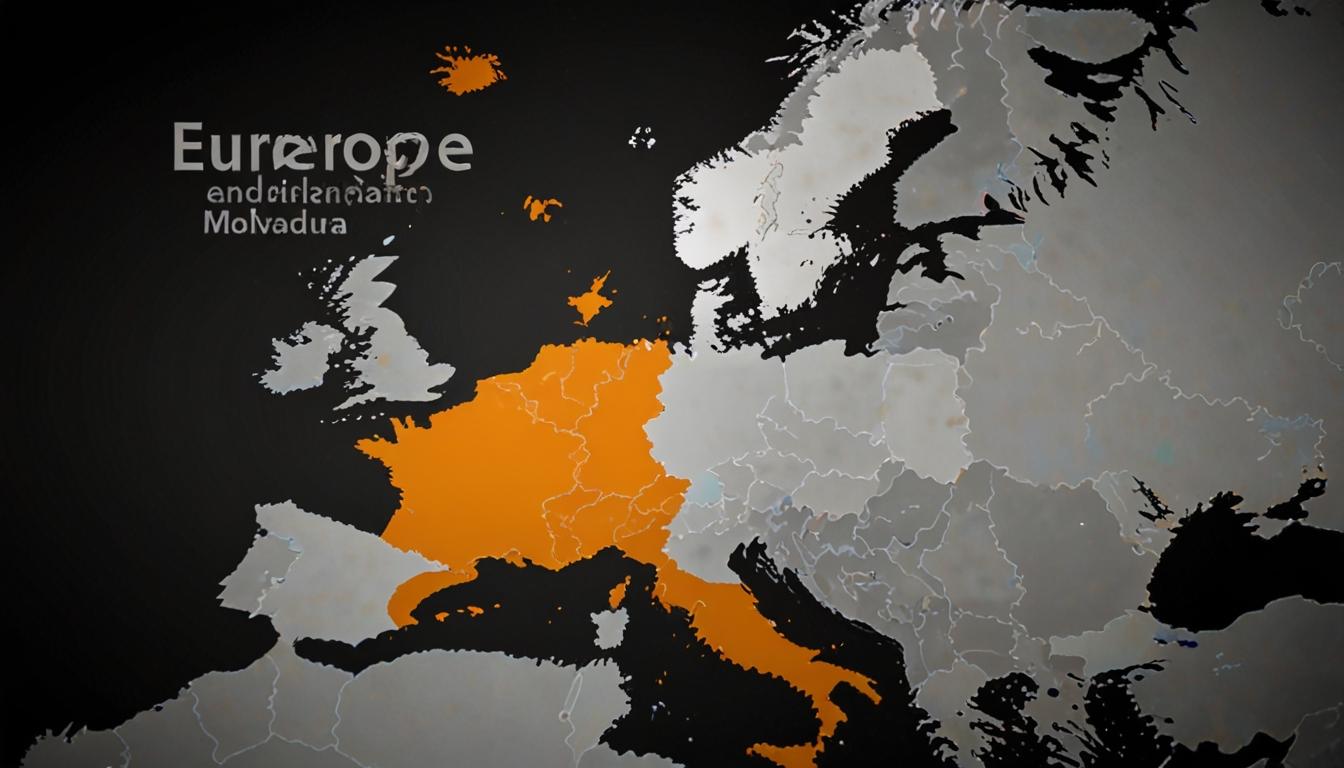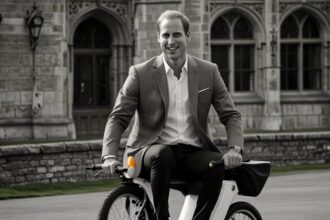Ukraine and Moldova have initiated formal negotiations for EU membership, aligning their laws with the bloc’s standards. The talks represent a significant step towards closer relations with the West, amidst challenges and reforms ahead.
Ukraine and Moldova have commenced formal negotiations for European Union membership, marking a significant step in their pursuit of closer ties with the West. These discussions were initiated at an intergovernmental conference in Luxembourg on June 25, 2024, and will involve aligning their laws and standards with those of the 27-nation bloc.
Ukrainian Prime Minister Denys Shmyhal, speaking via video link, highlighted the historic nature of this event, emphasizing the values and hope it represents for Ukraine. Acknowledging the upcoming challenges, Shmyhal expressed Ukraine’s commitment to the lengthy process. Belgian Foreign Minister Hadja Lahbib, whose country holds the EU’s rotating presidency, also recognized the milestone and reiterated EU support for Ukraine in its conflict with Russia.
Moldova’s talks are also set to launch, as confirmed by Deputy Prime Minister for European and Euro-Atlantic integration, Olga Stefanishyna. Both nations applied for EU membership shortly after Russia’s invasion of Ukraine in February 2022. The EU’s decision to start these talks is seen as a gesture of solidarity, though actual negotiations are expected to take years, with rigorous reforms required.
The EU’s legislative requirements for accession include addressing corruption and implementing judicial and administrative reforms. Historical precedents, such as Turkey’s prolonged accession talks, suggest a complex and lengthy path ahead. Hungary, which will soon assume the EU’s rotating presidency, has expressed skepticism about Ukraine’s readiness, given its current conditions.
Ukraine’s potential membership would significantly impact EU policies, especially in agriculture, and shift the bloc’s focus eastward. Moldova faces similar challenges, with political hurdles such as the situation in Transnistria. Both countries’ potential accession would also affect the EU’s internal dynamics, including budget allocations and political power balances.
As negotiations begin, Moldova and Ukraine join a queue of aspirant countries, including several from the Western Balkans. While the path to membership is fraught with challenges, the initiation of talks represents an important phase in both nations’ efforts to integrate into the European Union.













